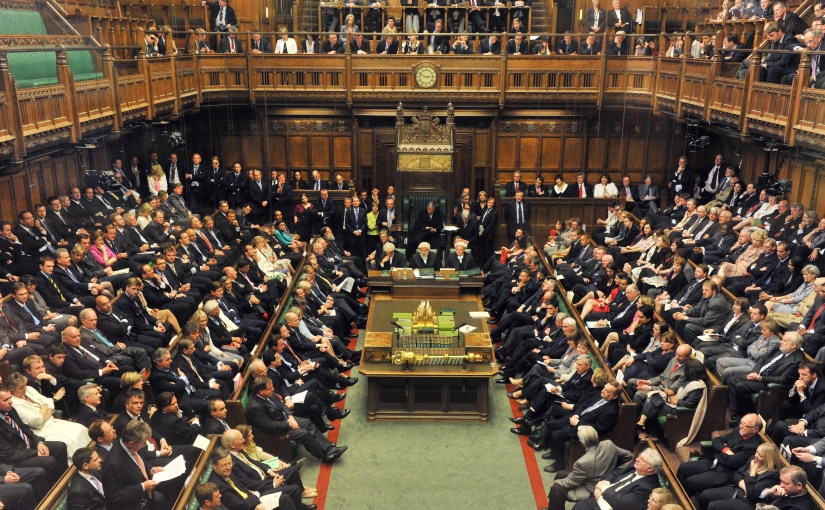The Divisional Court has today (3 November 2016) determined that the decision to issue the Article 50 notice that will trigger Brexit must be made by Parliament and not the government – R (Miller) v Secretary of State for Exiting the EU.
Before saying anything else, there are three initial observations that should be made about this.
The first is that it is just the outcome of a preliminary skirmish. The decisive legal battle will be fought in the Supreme Court next month. The government has already announced its intention to appeal the case, and there is no question that it will get permission to do so. In spite of the significant media interest in today’s judgment, nothing has been finally determined.
The second thing is that the judgment is, nonetheless, hugely important. The Divisional Court was as strongly constituted as it could have been – the Lord Chief Justice, Master of the Rolls, and Lord Justice Sales. In a lucid and robust decision, the judges were unanimous and expressed no reservations about their conclusion or the reasoning that led them to it. Their judgment effectively changes the terms of the debate about when and how Brexit will happen. It determines the context in which the Supreme Court case will be heard.
The third point is that the judgment should come as no surprise. A number of lawyers who were willing to express a clear opinion (myself included) thought that the claimants in Miller had much the better of the legal argument, for the reasons I set out in an earlier post ‘Why the UK Parliament Still Needs to Vote for (or against) Brexit‘. Naturally this was not a unanimous view, and the Supreme Court could yet go the other way. But the arguments against the government are very powerful, as the judgment in Miller fully demonstrates.
Subject to these observations, what did the Court decide, and what does it mean?
Continue reading A Bad Day for a Hard Brexit – the Meaning and Effect of the Article 50 Judgment





